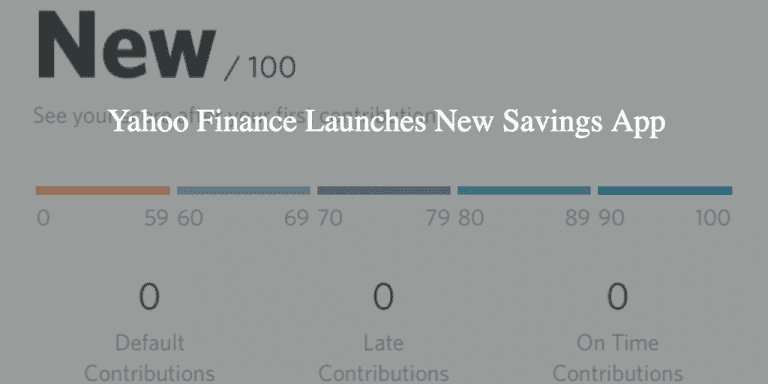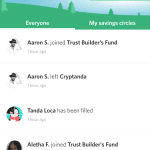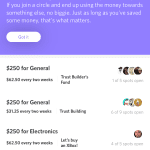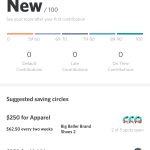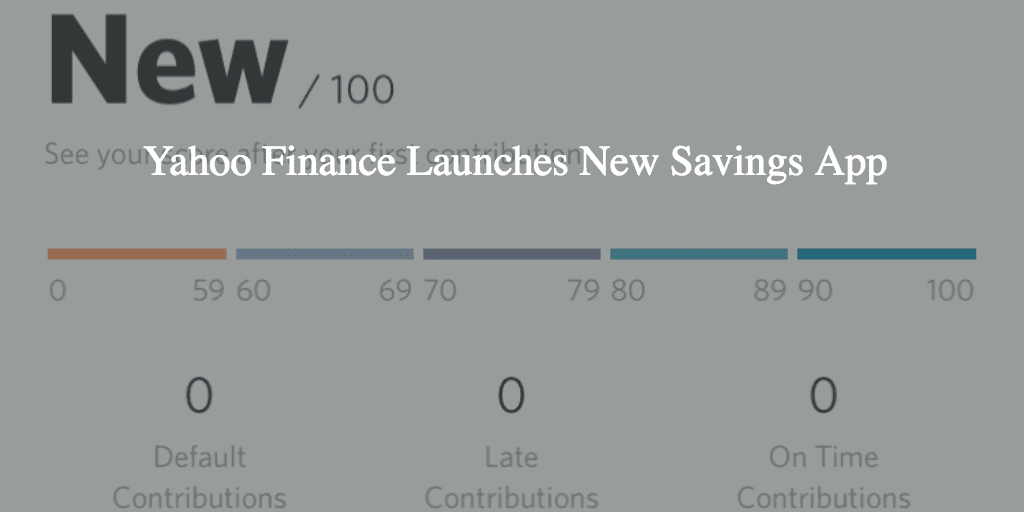
There are plenty of financial apps on the market today spanning all aspects of personal financial management. There are apps focused on savings, spending, investing, net worth tracking and some of them provide a mixture of these functions. Last week our interest was piqued when Yahoo Finance announced an app called Tanda. Most people wouldn’t consider Yahoo a company on the leading edge of technology and as far as I know their only other businesses in consumer finance would be media through content on finance.yahoo.com.
Tanda is a much different concept than what we’ve seen as far as personal finance apps in the US. It allows users to create or join a group of five or nine to save money together. Each person puts money into a communal pot over time and then can choose when they withdraw the money. The first two people to withdraw money pay a small fee and the last person to withdraw the money receives a small bonus. It is a similar to what is called a ROSCA or a Rotating Credit and Savings Association. ROSCAs are most often used by immigrant groups in the developed world or developing economies.
This type of forced savings makes a lot of sense where people don’t have access to traditional banking. With Yahoo’s app there is an element of trust as Yahoo doesn’t hold any capital and is not a bank. Through the app they are simply an intermediary. Users build up trust scores that allow them to participate in larger pools of money. Yahoo will make money through fees and is hoping to build a large mobile community around the new product.
I decided to check out the app myself and was able to login using my Yahoo email account I created over 13 years ago. There were several open savings circles which I included below. Many savings circles provided a purpose for the pool, such as saving for electronics or travel. Others were for general saving, including one for an emergency fund. One pool had me saving $250 by contributing $62.50 every two weeks. If I was the first person to choose a payout, I’d receive 8% less. If I was the second person to I’d receive 7% less. This means I’d receive $230, or $20 less for being the first one out of the pool. The last person to receive a payout receives a 2% reward ($5).
Conclusion
It is hard to say whether Tanda will become the next viral app. ROSCAs have been a successful way for people to save money, but moving the concept to an app creates some challenges. Yahoo has created something unique and it is going to be interesting to see how users respond. At a time when many Americans struggle to save, I am in favor of any app that helps people save money.


